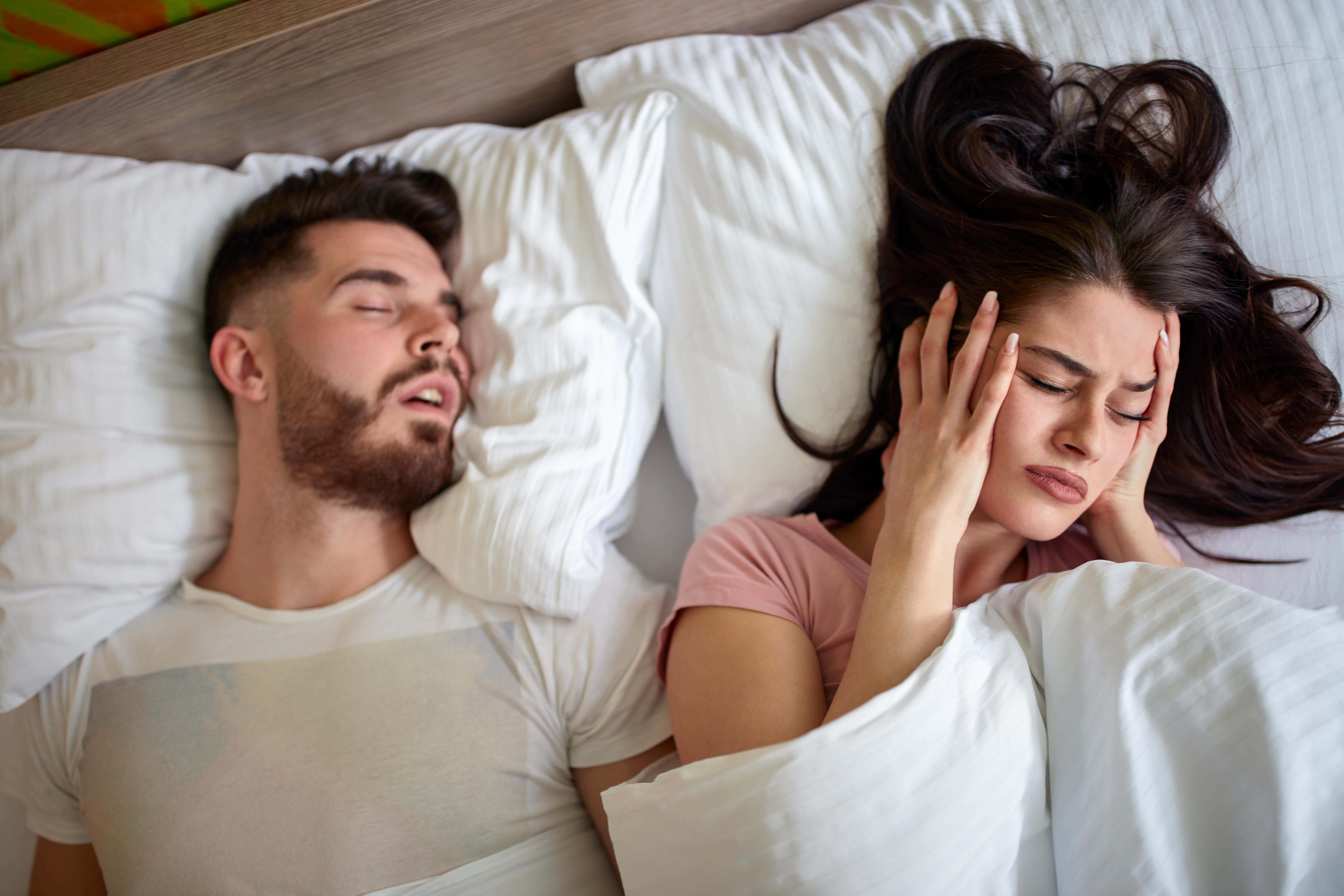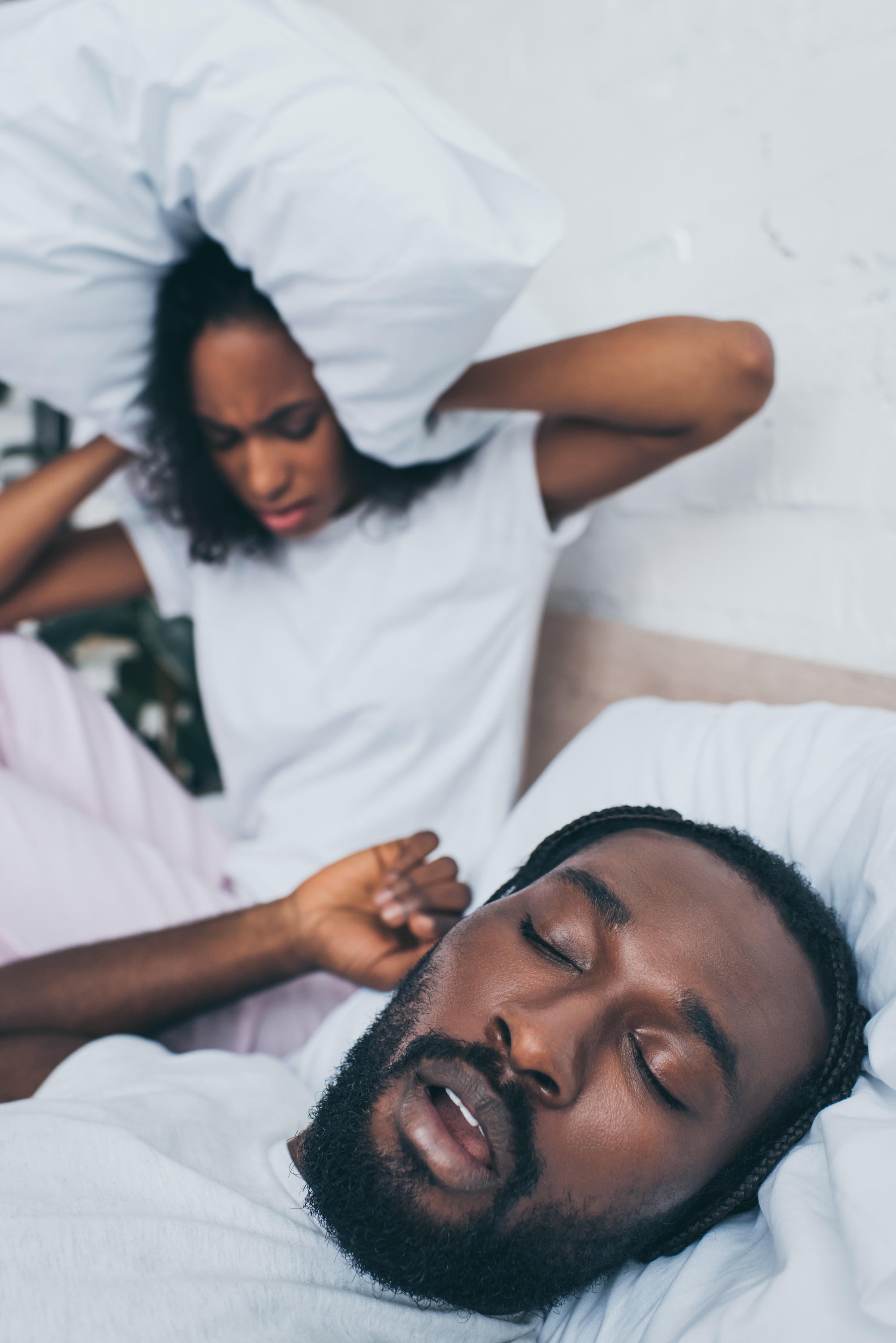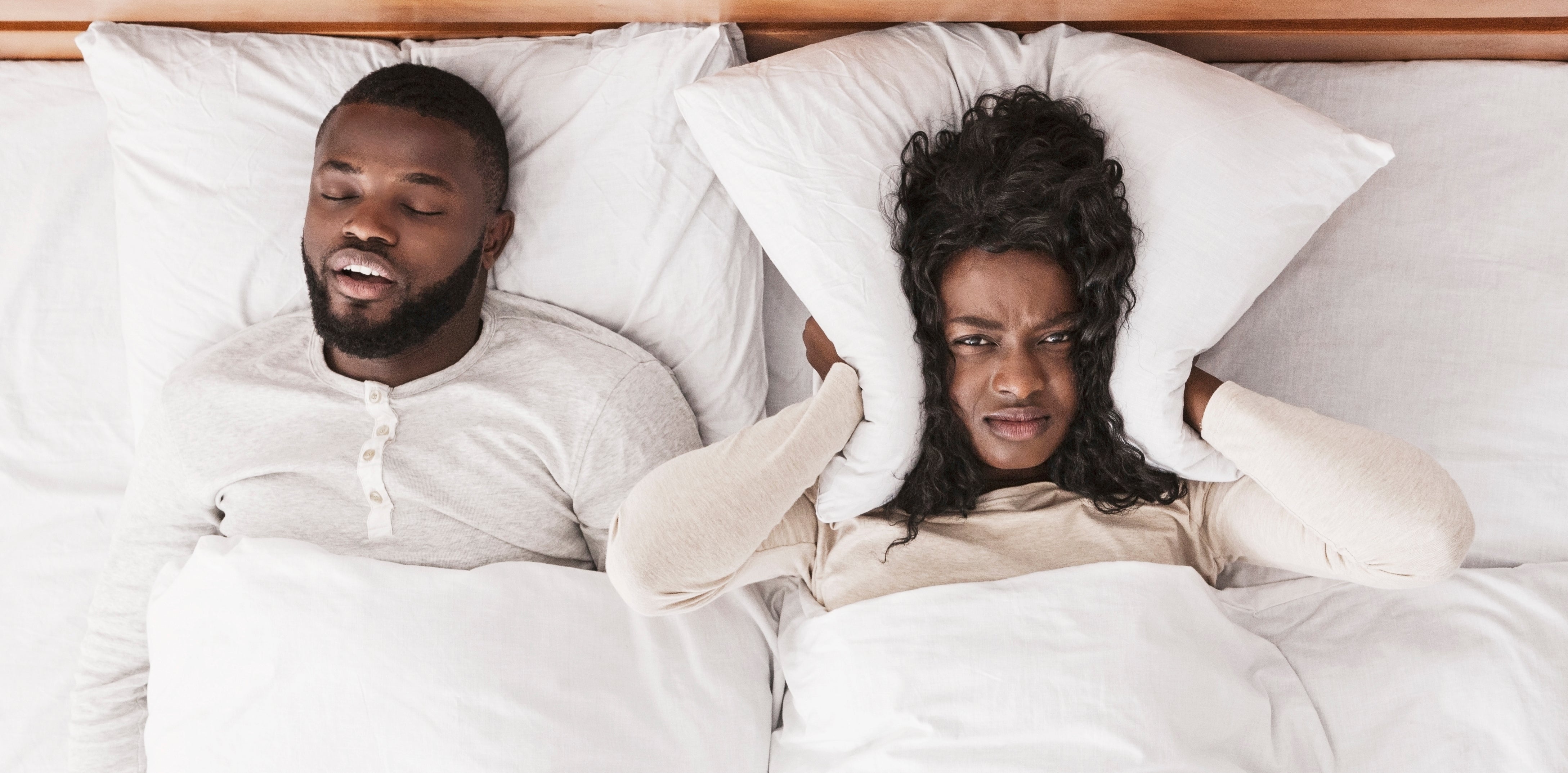Why do people snore and does alcohol make it worse?
Another reason to try dry January

Your support helps us to tell the story
From reproductive rights to climate change to Big Tech, The Independent is on the ground when the story is developing. Whether it's investigating the financials of Elon Musk's pro-Trump PAC or producing our latest documentary, 'The A Word', which shines a light on the American women fighting for reproductive rights, we know how important it is to parse out the facts from the messaging.
At such a critical moment in US history, we need reporters on the ground. Your donation allows us to keep sending journalists to speak to both sides of the story.
The Independent is trusted by Americans across the entire political spectrum. And unlike many other quality news outlets, we choose not to lock Americans out of our reporting and analysis with paywalls. We believe quality journalism should be available to everyone, paid for by those who can afford it.
Your support makes all the difference.If your partner snores, you might be pushing them to a dry January this year. That’s because things can get a whole lot worse (and louder) after they’ve had a few drinks.
This can make life a misery for any sleep-disrupted partners – not least because experts suggest many snorers are more likely to snore when lying on their back, but when they’ve been drinking, they’re harder to move on to their side.
According to the British Snoring & Sleep Apnoea Association, around 41.5% of the UK adult population snore – and a whole lot more people are affected if you take partners into consideration.
“When you’re awake, muscles in your nose, mouth and throat keep your airways open,” explains Amy Gallagher, a senior sleep physiologist at the Cromwell Hospital, London.
“But when you sleep, these muscles relax and can lead to airways narrowing. As air passes through, it can cause the surrounding tissues to vibrate, resulting in the sound we call snoring.”
A proportion of these snorers suffer from obstructive sleep apnoea (OSA), where there’s a greater degree of airway narrowing.
“Usually, the louder the snoring, the greater the degree of narrowing, sometimes with total blockage of airflow,” says Professor Ram Dhillon, a consultant ENT surgeon with a special interest in snoring and OSA. “This blockage is termed an apnoea if of 10 seconds or longer in duration.”

Alcohol plays a role in both snoring and OSA, say the experts. Dhillon explains good tension in the muscles around the upper airway keep it open, but warns: “Sleep reduces this tension, increasing the likelihood of narrowing to produce snoring, and total blockage, resulting in apnoea. Alcohol consumption enhances the relaxation and reduces the tension of these upper airway muscles and tissues and worsens the severity of the snoring, and can unmask apnoea and/or also increase its severity.”
And Gallagher adds: “Alcohol has a negative impact on the quality of your sleep and can make snoring worse, or if you don’t usually snore it can mean that you do.”
So what can you do to stop snoring? Here’s the experts’ advice…
Avoid alcohol
While not drinking won’t necessarily stop you snoring, it’s likely to reduce it.
Dhillon says: “The advice is to avoid alcohol totally if you have snoring or have been diagnosed with OSA. If you suffer from snoring made worse with alcohol and have disruptive sleep, then a diagnosis of obstructive sleep apnoea may need to be considered.”

And if you don’t want to give up alcohol completely, then both experts warn it’s best to at least not drink close to bedtime.
“Certainly do not drink alcohol for at least four hours before sleep,” advises Dhillon, and Gallagher stresses: “Don’t drink alcohol late at night. Alcohol relaxes your muscles, making your airways more likely to narrow. You might also snore louder if you’ve been drinking because your throat is dry, as alcohol makes you dehydrated.”
Quit smoking
Smoking irritates the throat and nasal passage, and Gallagher explains: “This irritation can cause swelling and dryness which may lead to snoring. Smoking is also associated with congestion and this can further worsen breathing.”
Sleep on your side
Sleeping on your back makes you more likely to snore, says Gallagher.
“Sleeping on your side is the best sleep position to help prevent snoring, because it reduces the compression of your airways,” she adds.
Maintain a healthy weight
Dhillon suggests people who are excessively overweight, particularly with a BMI of 35 or above, and/or with a neck size of 16.5 inches or greater, are more likely to snore.
Gallagher explains: “If you’re overweight, you may have extra tissue in and around your throat which contributes to snoring. Leading an active and healthy lifestyle and maintaining an ideal weight can reduce pressure on your airways and helps stop snoring.”
Elevate your pillow
By raising your head around four inches on your pillow, pressure is removed from the throat and the nasal passage opens up, says Gallagher, who explains: “This forces your tongue and jaw forward and helps to reduce snoring.”
Try stop snoring treatments
Dhillon recommends treatments including mandibular advancement devices, which hold the lower jaw and tongue forward making more space to breathe and prevent snoring, a nocturnal mouth guard, which holds the jaw in the right position to stop snoring, or continuous positive airway pressure (CPAP), which provides a continuous flow of air into the upper airway via a face mask.